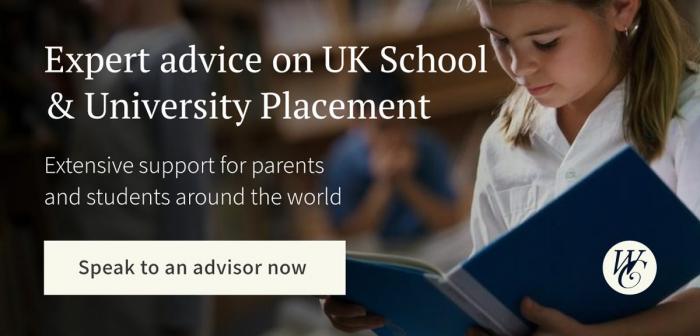
Should pupils suffer for a school’s league table ranking?
With the news today of increased pass rates and top grades at GCSE, despite the new harder exams, we should also be considering those who did not fare so well. Whilst the news of improved results is welcome and all those involved should be congratulated, schools need to consider those who find these new exams harder and how to support them.
One of my biggest bugbears with an increasing number of schools is the trend to remove pupils after GCSE who have not fulfilled strict criteria to enter the sixth form, thereby allowing the school to maintain its league table ranking. With the advent of harder GCSEs, this problem becomes more acute.
Surely a school that takes a pupil at age 11 or 13 should stand by that pupil? Of course there are exceptions for behavioural or pastoral reasons but to exclude a pupil on academic grounds seems unfair. Pupils are always assessed for independent senior schools, even those schools who say they are non selective have made some sort of academic judgement before accepting a pupil. If that pupil works to the best of their ability but is not going to achieve good enough exams at 16, is it right to ask them to leave, often in late August, with very little time to find a new school?
Having worked as a Director of Admissions at a school where we regularly saw disillusioned pupils in late August for a place in a sixth form that offered a broad range of subjects from A levels to BTECs, I know firsthand the effect this has on young people. Pupils who had been enjoying their school and friends, often offering a wide range of extra curricular expertise, suddenly found themselves having to leave and start all over again. The blow to their self confidence was not something that was going to go away in a hurry. Thankfully, for many this experience was turned into a positive as they contributed to their new school and often found themselves able to study an alternative curriculum resulting in a positive outcome. For others, it underlined their feeling of failure.
Many parents are so delighted that their child has gained a place at senior school that they are unaware there is a policy tucked away in the small print to say that their child has to achieve certain grades to stay on at sixth form. Often the first time that parents or pupils are aware of this is after mock exams in Year 11 when a warning does nothing for a pupil’s confidence at a crucial time.
Schools need to be honest and upfront about their sixth form expectations so that a pupil, who may already have fragile self-esteem, does not have to face upheaval and the stigma of being asked to leave for sixth form.
Schools should also now be looking afresh at their sixth form offer and making sure the breadth is there for the academic range of pupils they accept in Year 7 or 9.
Diana Morant is Head of Schools and University Consultancy at William Clarence Education

